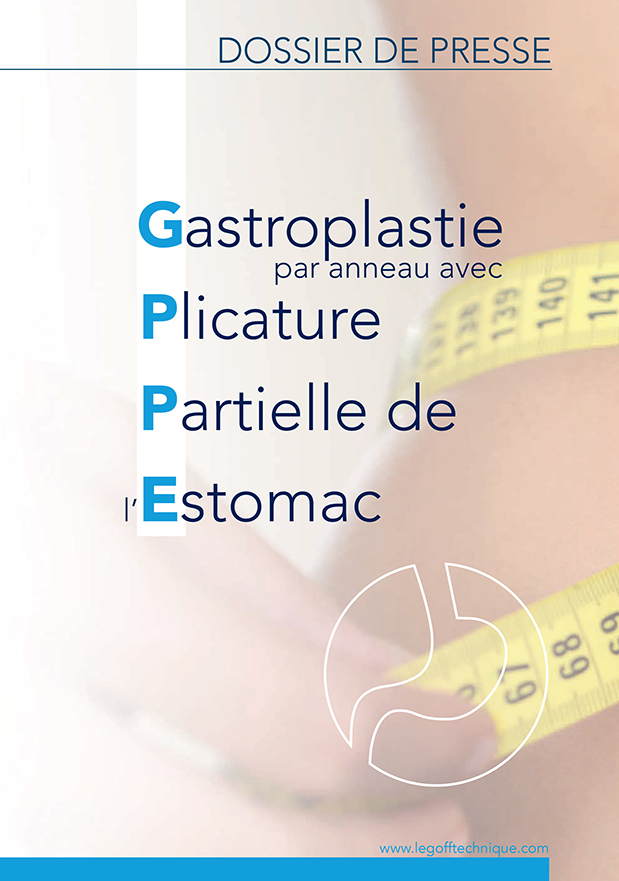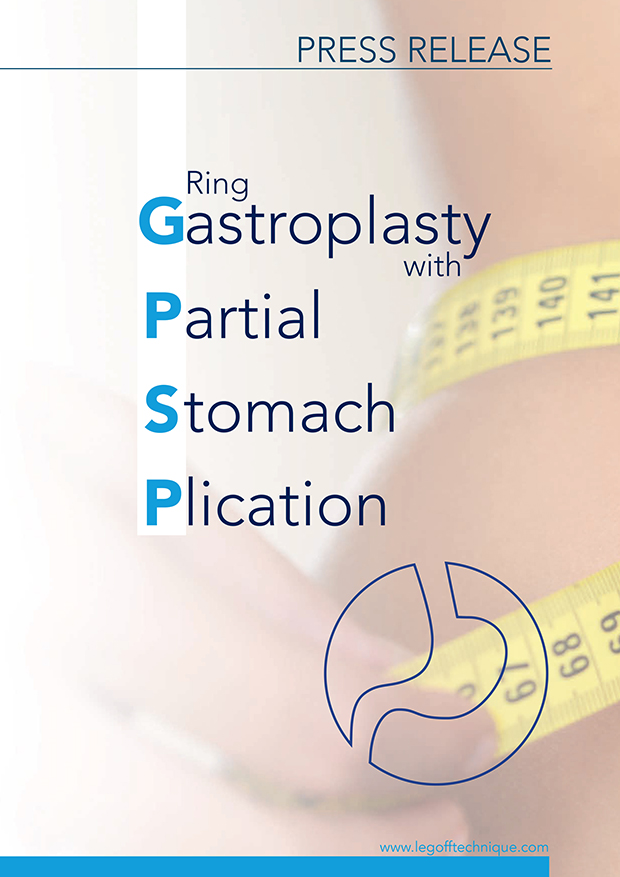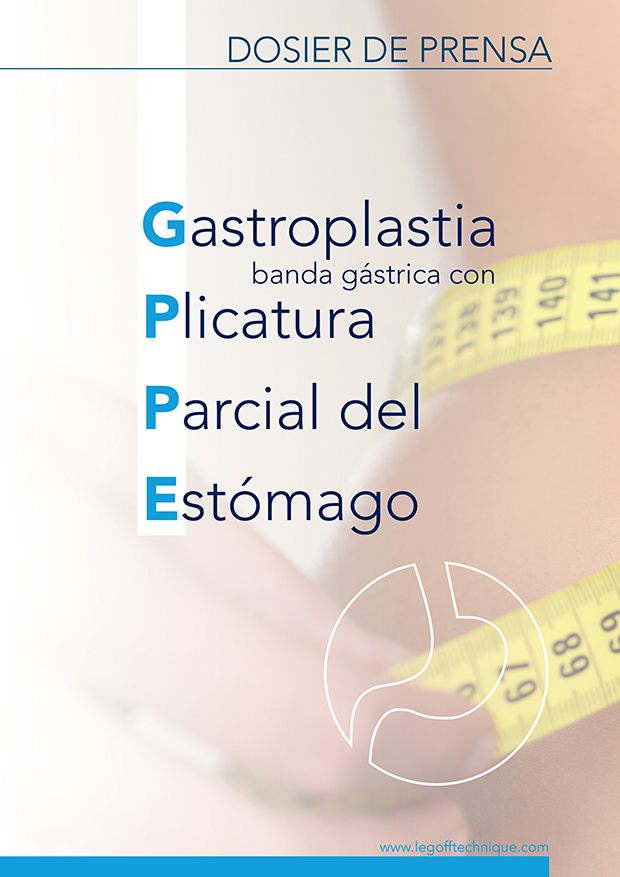May, obesity month
Dr. Le Goff - Obesity surgeon in Paris
Doctor Le Goff specialist in obesity
May, obesity month
One after the other, the European Obesity Day on 19th May followed by the World Obesity Day on 23 May, shines a spotlight on the illness that is “obesity”. Some may contest these repeat events. In my view, any position, any event that raises awareness is welcome, as is information given about life hygiene rules including diet, from kindergarten and primary school, and continuing into secondary school. Prevention of excess weight through education is essential from the earliest age. This was tested on a real scale in a town in northern France about ten years ago.
The Fleurbaix Laventie Ville Santé study, a long-term intervention pilot programme was conducted between 1992 and 2004, and stabilised the rate of infant obesity. It included strong nutritional education – with the intention of passing good eating habits on to parents from their children – combined with collective intervention in the town.

Here is a telling example of how education can affect behaviour and body mass index from my own experience as an obesity surgeon (Le Goff Technique): after operating on a mother, I then operated on her husband; both lost considerable weight. The eldest child (aged 11) was also obese as his parents’ surgery came after his obesity. The youngest child however, benefited from the dietary advice given to the family, and years later, maintained normal corpulence.
Raising awareness about obesity
Awareness however needs to be raised outside local initiatives and the sole doctor-patient relationship. It should be conducted on a large scale, with the involvement of the public authorities nationally and in Europe, and with school doctors. This is one of the aims of the European Obesity Day and the World Obesity Day. Another goal is to promote the integration of obese people, alert the public to the dangers of obesity, a far cry from the simple order to “eat less”. There continues to be stigmatisation of overweight people, especially concerning their access to the jobs market. People with no willpower, no control, who don’t care for their body, who let themselves go, driven by their impulses and compulsions… these stereotypes are disrespectful and plain wrong from a therapeutic point of view.
I also take issue with the increasingly heard calls for acceptance, that one’s weight or obesity should be assumed happily, without complexes. I could concur if the consequences of obesity on health were not so dramatic, if it didn’t drastically reduce life expectancy (one year less life for a BMI < 30 kg/m², three years for BMI < 35 kg/m² and ten years for severe obesity) and if the quality of life wasn’t considerably altered. Briefly, if it were just a question of aesthetics and not vital, even more so when the obesity is severe (BMI > 35 kg/m²).



